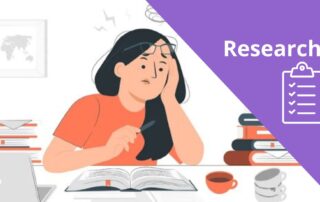Calling university students with or without dyslexia
We are delighted to be able to share trainee clinical psychologist Holly’s further request for help with her research into dyslexia and emotions that she is conducting for her PhD from Royal Holloway University London. Many of you were kind enough to help Holly design her research process. Whether or not you helped with this, we would like you to take part in the research.
If you are an undergraduate university student with or without dyslexia, Holly would love you to answer a few questions. You will receive a £5 Amazon voucher as a thank you for taking part.
You can find out more below and you can take part here:
https://research.sc/participant/login/dynamic/0915B1FF-BD40-426A-9DC8-51AF1A163CA7












